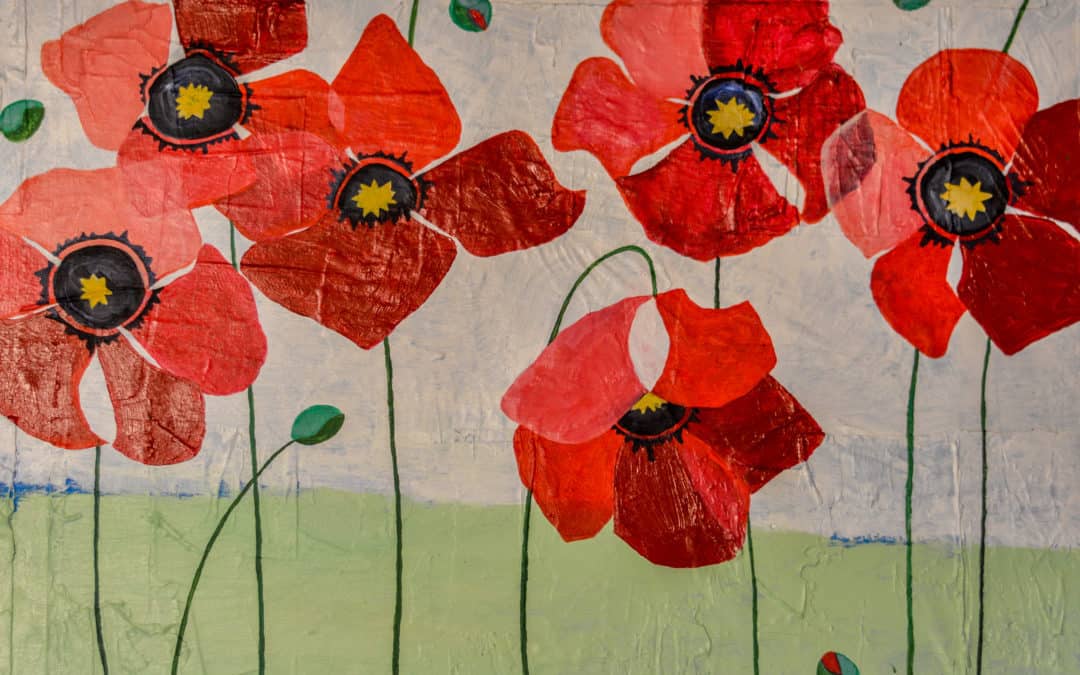You have some doubts.
I’ll start by saying that if you have doubts about the efficacy of therapy, that can be a good thing. It means you’ll be selective. Holding a healthy sense of skepticism is protective. You’re worthy of protection.
I will add that on the first day of graduate school when a professor asked the class to introduce ourselves individually, sharing a symbol to represent who we are, I shared that I’m a question mark. You hearing this from a bona fide skeptic. In the Practice of Zen, C. C. Chang says, “The greater the doubt, the greater the awakening; the smaller the doubt, the smaller the awakening. No doubt, no awakening.” Doubt, reframed, could mean that you’re that type that digs deeper, and gets more results.
I’d also like to acknowledge the hesitation, and maybe even some shame, involved in asking for help.
A dear friend of mine was struggling with the trauma resulting from a messy breakup. She spoke of needing help but conveyed her idea that therapy is only for “crazy” people. She asked me why someone (why she) should go to counseling. As a counselor, I have an answer to her question, but in the moment I was unable to expound because I remembered my own teenage angst about going to a counselor to talk through my grief after the death of a close loved one. I could hear the fear and doubts in my friend’s voice related to her perception of stigma. My friend was afraid of being judged or falling into the category of “broken” and in need of fixing. And that is not a good feeling for anybody.
My friend asked, “How can a stranger help me when they don’t even know me? What will they tell me that I don’t already know about myself? And why shouldn’t I just talk to my friends about my problems?”
What is there to gain?
You are the expert on you, right? I think so. But how many times were you out to eat with a friend and halfway through the meal they tell you that you have something stuck in your teeth! And then you wonder, “Damn how long was that in there?” Or your friend does not even mention it, and you have to find out for yourself in the bathroom mirror hours later. By then, you’ve walked around all day with that crap in your teeth, smiling and chatting without any awareness. It’s always a bit embarrassing, and we can all relate to that.
Similarly, we are not always self-aware in terms of our emotional states or thought patterns or behaviors. We have defense mechanisms, which are just excellent ways to cope with life that get overused and out-of-whack sometimes. Self-awareness takes work, and other people are often our reflectors to prompt the growth. They tell us what it is like to be around us, to watch us, to witness our behavior and the impact it is really having. They offer perspectives.
While it’s true that the therapist does not have all the answers and can’t possibly know what it is like to be you, therapists can be an empathic witness to what you’re going through with feedback and insights. A therapist has extensive training about psychological treatments and boundaries. A therapist asks questions and holds a space for you to explore and examine yourself. It’s confidential, it’s safe, and it’s objective.
Don’t I already have that?
Friends and family members may reflect nuggets (big or small) of truth back to you, but with possible biases that get scrambled. Even armored with psychology, the latest research, and an arsenal of coping strategies, your friends and family love you too much and are often too invested in the circumstances to remain objective. The therapist-client relationship has a beginning, middle, and END. Your therapist cares for you, wants your healing, and works with you for a time, but ultimately parts ways with you so you can go on to live your life better than before.
Here’s a metaphor I like for therapy: Picture yourself carrying a heavy backpack around that is full of bricks, dirt, decay and bugs… There may be some real gems in there too – some valuable sentimental items, photographs, memories, and tools you’re gonna need on your journey. You can take the backpack to therapy with you, dump it out in a container, sift through it, and keep the stuff you want. Then just leave the rest behind to be disposed of for good. Your therapist won’t tell anybody what you guys found in there, because that’s only for you to know and learn from.
Perhaps it’s worth a shot.
Your therapist isn’t there to judge you. It’s not like a Dr. Phil episode (and if it is, run!) Your therapist is probably in the field because of his or her own similar experiences and a developed sense of compassion or desire to give back. Asking for help and having the courage to be vulnerable is a true gift you can give yourself for healing. After all, you’re the one who will do the real work in collaboration with the therapist. Anyone can benefit from therapy in order to live a more fulfilling and rich life. It does not mean something is wrong with you or that you are broken. It does not mean that your therapist has all the answers or is superhuman. There is no shame in wanting a better life. Entering therapy means you’re brave enough to see if there could be another way.
I’m happy to answer any of your questions.

